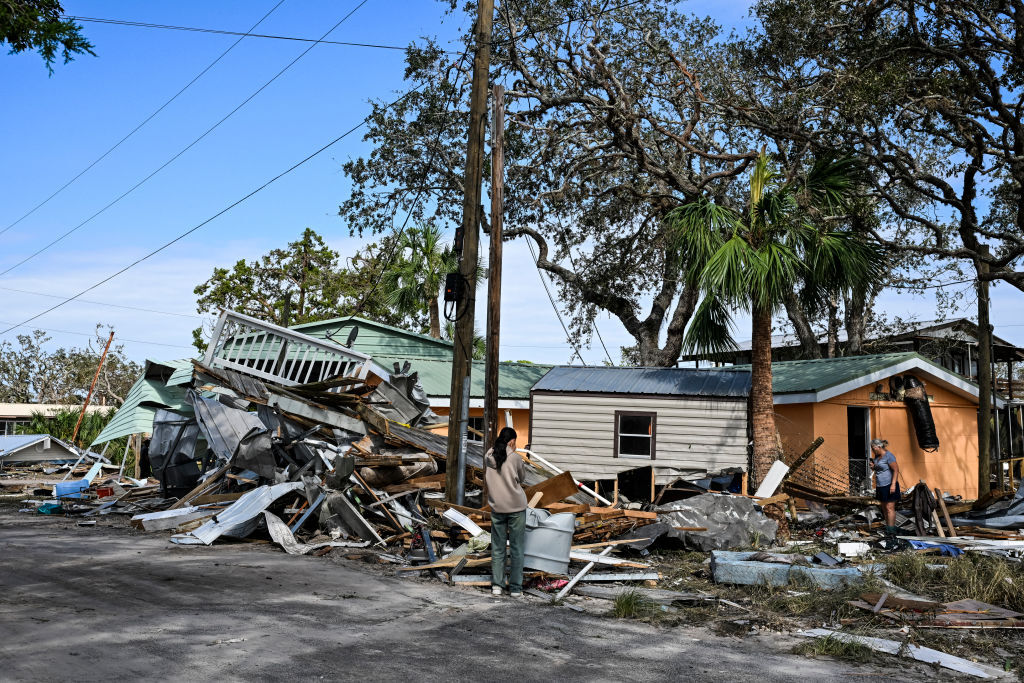I don't know how you would incorporate any sort of mandatory relocation in an equitable way.
The current federal flood insurance program doesn't have any mechanism to tell someone, "Hey, your house floods too often. It is not safe for you to live here. You have to move." And if it did, how do you do that in an equitable way, without destroying communities?
the only mechanism is by charging exorbitant premiums for those that have federal flood insurance in higher risk areas. when the FEMA flood plain maps are redrawn, eventually that makes it way to the federal flood insurance program for underwriting. and when you tell someone that federal flood insurance for their property is not $400 a year anymore, but $4,000 a year, that's a pretty strong message.
of course, flood maps should all be more accessible with completely transparent rates so when people are looking at homes to buy / places to live, it isn't a surprise within a mystery. and there should be a federal buyout program for people to sell off and relocate with a complementary federal housing development program to build new homes, shift zoning restrictions, and improve civic infrastructure for flood resilience whenever possible. all of these things would imply central planning and regulatory oversight rather than letting "markets", which are notorious for being captured and cornered by capitalists doing speculation and arbitrage based on asymmetrical information access.
community relocation doesn't have to be as destructive as we seem to prefer to do it in the US, and letting it just sort of "happen" under the current system over decades seems to be the way to maximize the human suffering and extract the most value for the worst people.
I don't know a ton about it, but it seems like Obama put some mechanism in place that basically offsets the rising cost of insuring buildings that flood repeatedly onto everyone else in the program, so premiums seem to have very little connection with the actual number of times your house has flooded.




